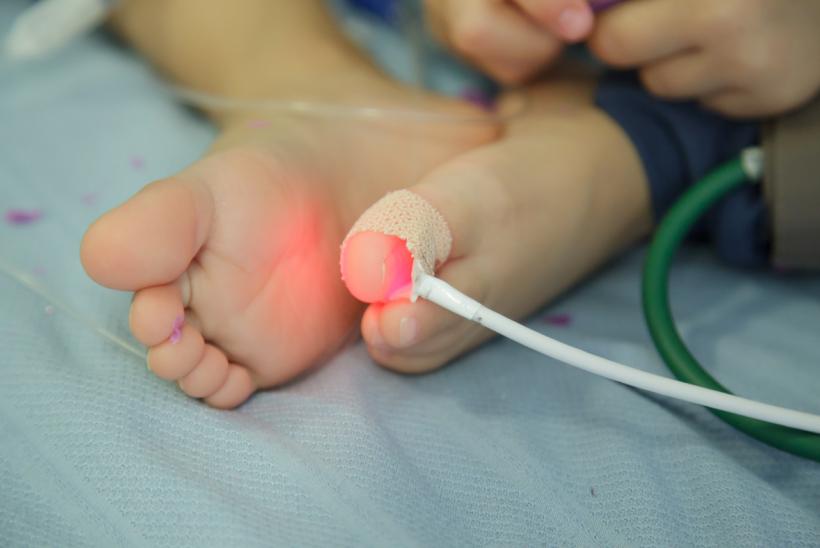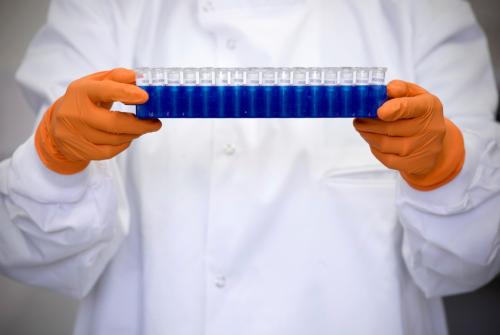Metabolic Medicine
Overview
The Department of Paediatric Metabolic Medicine provides treatment for rare and complex metabolic conditions in children. The service is the largest of only four paediatric metabolic centres in the UK. We see patients from 0-16 years with suspected or diagnosed metabolic disease.
The aim of the department is to provide efficient, high quality, multidisciplinary care to children with metabolic disorders.
Please be aware that private referrals for NHS eligible patients are not possible for Metabolic Medicine. This is because children requiring treatment in this department will need continued and well-co-ordinated care, and good communication from the outset with their local paediatric services is essential. By entering the private treatment route, we are unable to provide the long term local support services required.
Outcomes
-
Of 104 current GOSH patients (as at March 2018), for whom homecare is suitable, all 104 (100 per cent) are on home ERT.
-
From April 2015 to March 2018, 17 (68%) children were transferred to home ERT within three months of commencement of therapy. Eight (32%) of children were transferred after three months because they had severe infusion reactions and were kept longer in order to get them on pre-infusion medication that stopped the reactions.
-
Our results show that we have a near 100% achievement of yearly review of emergency regimens for our children and young people with PA or MMA (non-vitamin B12 responsive). This means that if they do become unwell, they can be given an up-to-date emergency regimen diet that is most appropriate for their age and weight to support their metabolic function during sickness.
-
Published guidelines from the National Institute for Health and Care Excellence includes the standard, ‘Healthcare professionals should offer people with a clinical diagnosis of FH a DNA test to increase the certainty of their diagnosis and to aid diagnosis among their relatives.’ for 2016/17, 37 patients met the Simon Broome criteria for a clinical diagnosis of FH. Of these, 34 (92%) were DNA tested. Out of the patients who had DNA testing, 32 (94%) were genetically confirmed to have FH.
Conditions we treat
- Phenylketonuria
- Medium-chain acyl-CoA dehydrogenase deficiency (MCAD)
- Maple syrup urine disease (MSUD)
- Glycogen storage disease (GSD)
- Galactosaemia
- Organo and amino acidopathies
- Urea cycle defects
- Familial hypercholesterolaemia (FH)
- Congenital disorders of glycosylation (CDG)
- Lysosomal storage disorders (LSD)
Refer your child for treatment
Use the form below to refer your child for treatment. A member of our team will be in touch within 2 working days.
Mandatory fields





